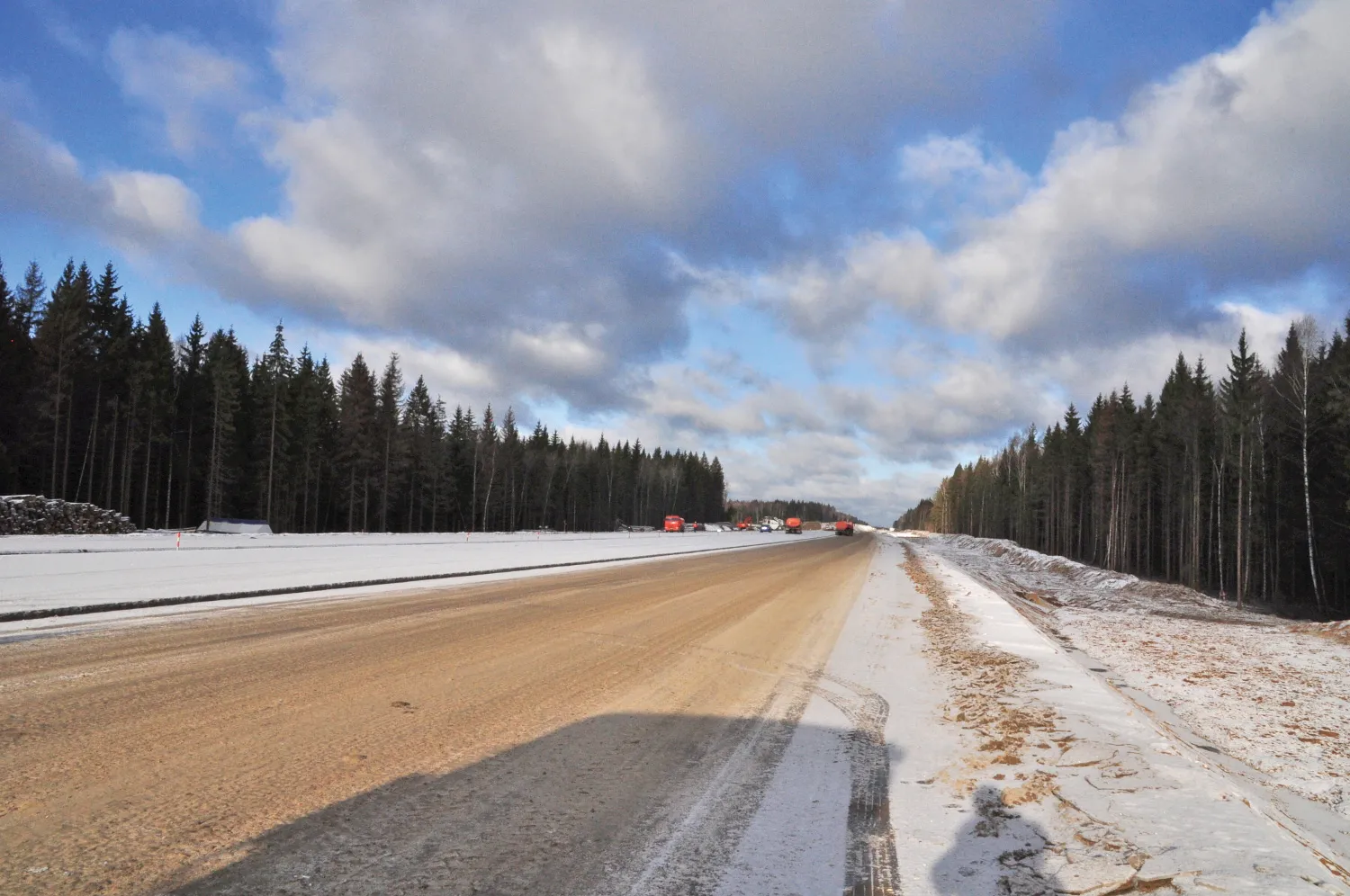Bids are being invited by the Nepal Government for a contract to supply and deliver bridge inspection equipment for the South Asia country’s Road Sector Development Project (RSDP). Sealed bids are being invited up until 12 noon on 6 May, 2013 for the key RSDP contract. Costing $50.6 million, the World Bank grant-aided, Nepal Government-implemented project is seeing the upgrade of around 300km of existing dry-season roads to all-season standard with low cost sealed gravel pavement. It also involves the maint
April 8, 2013
Read time: 2 mins
Bids are being invited by the Nepal Government for a contract to supply and deliver bridge inspection equipment for the South Asia country’s Road Sector Development Project (RSDP).
Sealed bids are being invited up until 12 noon on 6 May, 2013 for the key RSDP contract. Costing $50.6 million, the2332 World Bank grant-aided, Nepal Government-implemented project is seeing the upgrade of around 300km of existing dry-season roads to all-season standard with low cost sealed gravel pavement. It also involves the maintenance of 450km of strategic roads until the scheduled end of the project in June 2015; a road safety audit of accident prone sections of the strategic road network (SRN), and safety works on some of the worst black spots. The RSDP also includes, among other things, investment in road asset management capability, and the preparation of a Road Safety Action Plan.
Overall, the5283 Nepalese Government’s stated aims for the RSDP are to achieve a 6% increase in the number of people with all-season road access; a 35% decrease in travel time for the targeted population; effective road services for users; and effective and sustainable funding for road maintenance by a Roads Board.
Sealed bids are being invited up until 12 noon on 6 May, 2013 for the key RSDP contract. Costing $50.6 million, the
Overall, the








